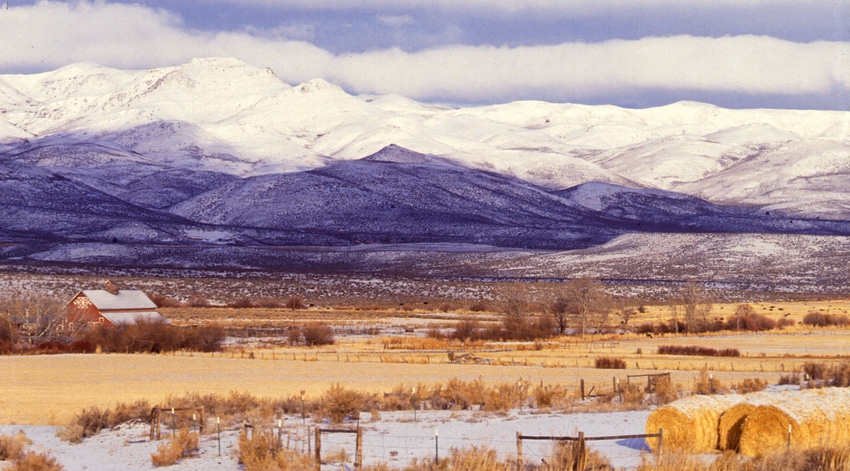September 23, 2021

As you consider estate planning, you might feel the desire to keep your land in the family, and at the same time not control your heirs from the grave. Some people are very clear: “All my land must be given to my ranching son, and he can never sell it!” Others are just as clear: “Let the kids split it equally, I don't want to play favorites.” However, as is the case with so many issues in life, most people are not at either extreme, but are somewhere in between.
What are some of the available options?
You might think clarity is the most important thing. You divide your real estate into three tracts, and say (to your Trustee or other representative on death) “give Tract A to Hank, Tract B to Sue and Tract C to Ed (your three children). Your instructions tell the Trustee to divide any other assets of your estate equally between your children. This likely results in unequal dollar values being inherited by each, because the land values are nearly impossible to equalize.
You could also create parcels and give Tract A to Hank, Tract B to Sue and Tract C to Ed, but then, based on the appraised value of each parcel at death, “divide cash assets unequally among your children as needed to make each inheritance equal in total value.” This will only work effectively if there is enough cash or other assets to balance out the shares without having to liquidate some of your land.
You could also define the three tracts, and say, “Hank being the rancher, has first pick; after he selects, then Carol gets to choose; then Ed gets the one that is left.” You would still need to decide how they should divide your other assets, either unequally or equally as you direct.
You could also take the approach of, “My land will be divided among my children as they agree.” For a family that gets along well, this might work. It can also be a recipe for taking a family that gets along and making them one that doesn't. Unfortunately, your children's interests are usually quite different. One wants maximum dollar value while others want the best property on which to earn a living. This can make it very difficult for a harmonious estate settlement, and pit siblings against each other. While it's an option, it's better to make the decision prior to your death and not leave it for your children to work out later.
To any of the above, you could add preferences for your child that you believe will continue your operation. For example, while your living, you could give the ranching child a long-term lease on some or all of your property. But be careful! This can reduce the fair market value of the land at your death, since the lease rights make it less attractive to an objective, third-party buyer. As the value is diminished, you need to consider it when determining how you divide the balance of your assets.
Similarly, you could direct that at the time of your death, that each child receives an undivided interest in your land. The child who will continue your operation has the right to purchase the interest of the other two. You can set the terms of the purchase in advance. You can require the purchasing child to use the cash they receive as an inheritance as the down payment to the other two, and then pay off the balance over time. The downside of this approach is that you have tied up a portion of the inheritance of your other two children for years into the future. But, a portion of their inheritance will simply be an income stream until the loan is paid off. Carefully designing the purchase terms can help each child feel treated fairly and still preserve your ranching operation.
There are numerous additional strategies to restrict future sale, divide landholdings effectively, balance estates using life insurance, as necessary to accomplish what ever goals you believe are most important for your family.
Whatever your desires may be, your instructions for dividing your ranch will need to be memorialized in a living trust or in a will. You can change either one right up until the day you die, or lose mental capacity. Communicating why you choose a particular strategy with your family, is just as important as spelling out the strategy itself. This can significantly reduce hard feelings for your children that believe the others got a better deal. It can also keep the next generation excited about your family legacy.
Seek experienced legal counsel who can help you understand the pros and cons of each strategy. Once you have chosen the strategy that best accomplishes your goals, make sure you coordinate those strategies with the best tax strategies and asset protection opportunities to work in harmony with your foundational goals.
A special thanks to Curt Ferguson for his contribution to this article. Dolan, an attorney, helps farm and ranch families achieve comprehensive estate, succession, and legacy planning objectives. Dolan is the principal of Dolan & Associates, P.C. in Brighton and Westminster, Colo. Learn more on his website: www.EstatePlansThatWork.com.
About the Author(s)
You May Also Like






